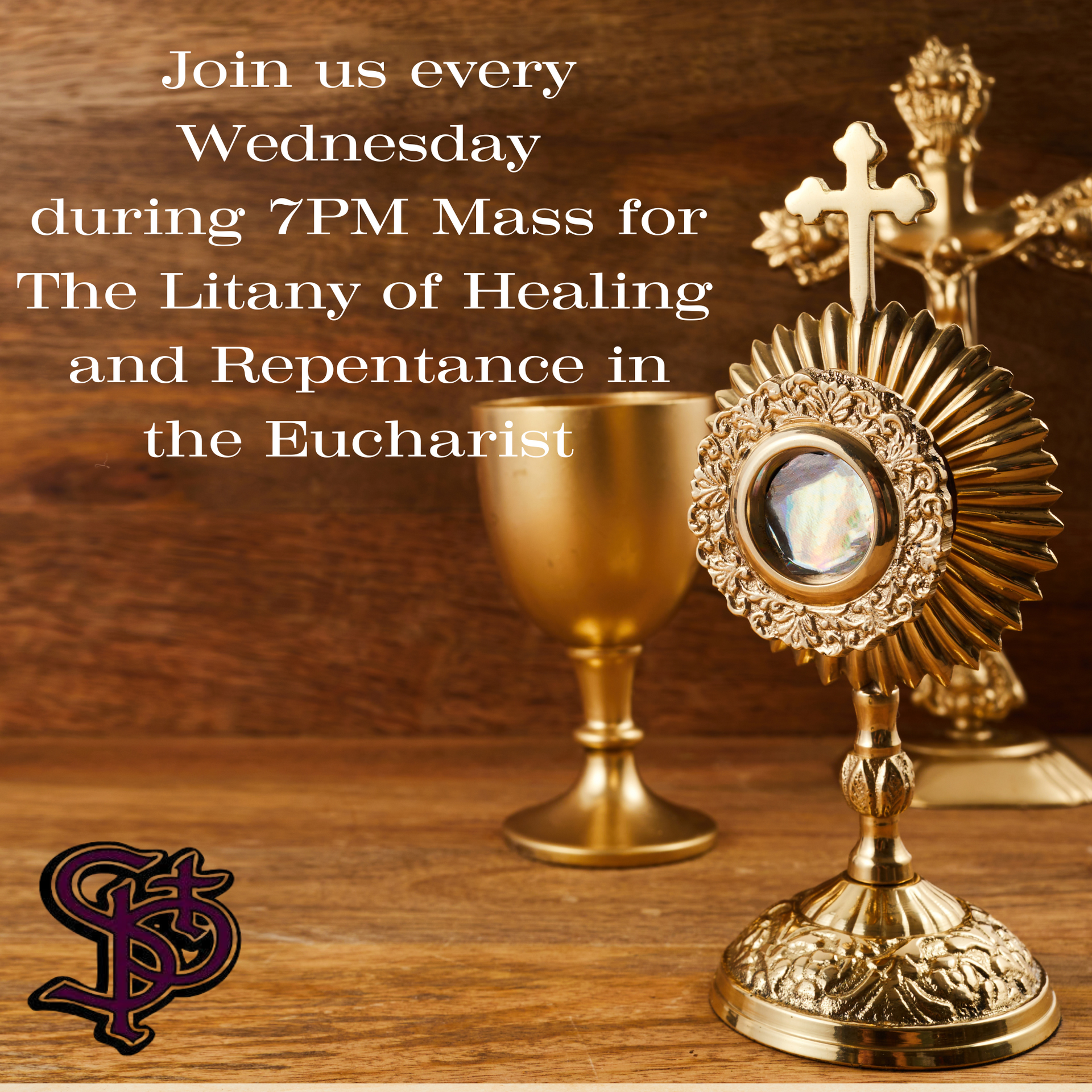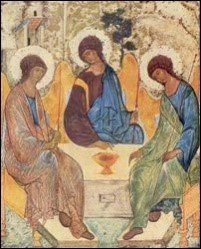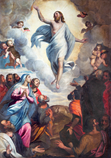The Ability and the Willingness

Joke: A boy told his father, "Dad, there are three frogs sitting on an edge of a swimming pool, and one frog decided to jump off into the pool, how many frogs would be left on the edge?" The dad replied, "Two." "No," the son replied. The dad said, "Oh, I get it, if one decides to jump, the others would too. So there are none left." The boy said, "No Dad, the answer is three. The frog only DECIDED to jump."
In all today’s readings, the Church invites us to examine the two realities that exist in our human beings: The ability to say “yes” or “no” and the willingness to do “yes” or “no,” the difference between saying and doing, the empty promises and a deeper effort of willingness.
We often find Jesus using parables to teach his disciples and the people. The parable reported in today’s Gospel under the pen of Matthew reminds us of the two sons. The father said to the first son saying, “Son, go out and work in the vineyard today.' He said in reply, 'I will not, ' but afterward changed his mind and went.” The other son said to his father when he was asked saying, “Yes, sir, ‘but did not go.’” In this short of exchanging words between the father and his two sons, one can see that both of the sons can say “yes” or “no” to their father. However, are they able to follow what they say and do what they say is different? Where does it ability to say “yes” or “no” come from if it does not come from the free will that God so loved us, created us, and blessed us with this free will to choose “yes” or “no”? We make a choice almost every day of our life using this free will, the ability to say “yes” or “no”. We choose to wake up early to get ready to go to work, to go to school, to do whatever it is for a day, and we can say “no” also when we feel tired, sick, or whatever reason. We even make choices for what to eat, what to wear, and where to go for a day. We make many decisions almost every day whether we are conscious of what we make or not. Sometimes, we follow through with what we choose to do, and sometimes we fail to carry out our decision or cannot finish what we plan to carry out. Why is that? Is it a story of our time or has it already happened more than two thousand years ago that Jesus reminds us in today’s Gospel?
Perhaps, it is the willingness to do what we said that we do or not. But, why have we failed to do what we are saying or even committing? In today’s Gospel, why did Jesus say that the tax collectors and prostitutes are entering the kingdom of God before those who called themselves holy and righteous? Tax collectors, prostitutes, or sinners, can enter into the kingdom of God because they recognize the need to follow through what they say and do. Sinners have courageously admitted their wrongdoings, own their mistakes, and courageously change and convert to turn away from wrongdoings and mistakes to make it better and to make it right. To avoid the emptied promises, the ability to say “yes” or “no” and not being able to follow through, one would need to pay more attention to the willingness to follow through with what one promises to someone for something, and not so much about the ability to say “yes” or “no”. So, how do we have this willingness to follow through on what we promise or commit?
To turn away from wrongdoings and mistakes demonstrated in today’s first reading, prophet Ezekiel reminds us of the words of the Lord saying, a wicked man, “if he turns from the wickedness he has committed, he does what is right and just, he shall preserve his life.” Willingness, the willingness of Jesus Christ is not simply the ability to say “yes” to the Father to vest on himself our human flesh, but his willingness, like Saint Paul mentions so well in today’s second reading saying that he emptied “himself, taking the form of a slave!” The ability to be a man like all of us, except sin, and to be a servant who comes to serve. His willingness to be born of a Virgin Mother Mary will become meaningless if he cannot follow through with his passion, death, and resurrection. Vesting on our human flesh, he accepted all the weaknesses and limitations that are implanted in human beings. However, through his suffering and death for the sake of our salvation is his victory that gives us hope for the resurrection on our last day.
His willingness stripped him from heaven to lower himself even lower than the angels to be an example for us to follow. In today’s second reading, taken from the letter of Saint Paul to the Philippians community, Saint Paul’s conviction teaches us saying, “Christ Jesus, Who, though he was in the form of God, did not regard equality with God something to be grasped. Rather, he emptied himself, taking the form of a slave, coming in human likeness; and found human in appearance, he humbled himself, becoming obedient to the point of death, even death on a cross.” It seems that his willingness cannot be separated from his total obedience to God the Father through his passion and death. His willingness to be the Savior of the world is an inseparable combination of commitment and obedience. Our willingness will fail us when we fail to keep our commitment and obedience to God’s teaching.
The son says “yes” to his father, but he is not able to follow through because he fails to commit that he is his father’s son; and as a son, he invites to help his father. With our father at home, have we, sons and daughters, ever failed to help him especially when he is not able to help himself? What does it mean to honor our parents when God commanded Moses to teach us in the Ten Commandments? On the other hand, the son who says “no” to help his father, but later goes and helps him, what makes him change his mind to do what his father asked him to do? Perhaps, he recognizes the need for his father; he acknowledges his wrongdoing when he says “no” to help his father, and he’s sorry for refusing to help his dad when he does what he asks. In these two sons, which son have we identified ourselves with? Have we identified ourselves with the first son who says “no” but then changes his mind and does what the Father asks? Or do we identify ourselves with the second son who quickly says “yes” to his father, but never does what his father asks? When we profess ourselves as Christians, have we committed ourselves to be faithful to the Lord and His Church by going to Church regularly and living our lives according to his teaching and the church’s teaching? Have we had that willingness to spend time in prayer, in the Eucharistic celebrations, and above all, to be faithful to what we commit to the Lord, to the Church, and each other so that the fruits of our promises will build us a latter leading to the heavenly homeland? The decision is yours.









